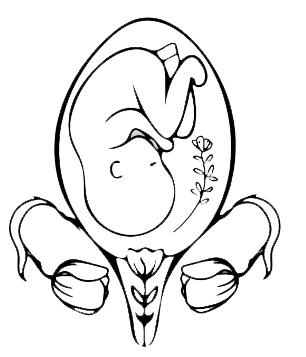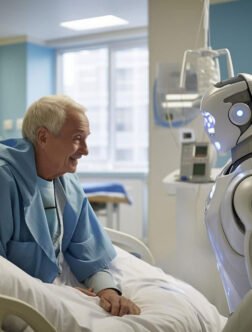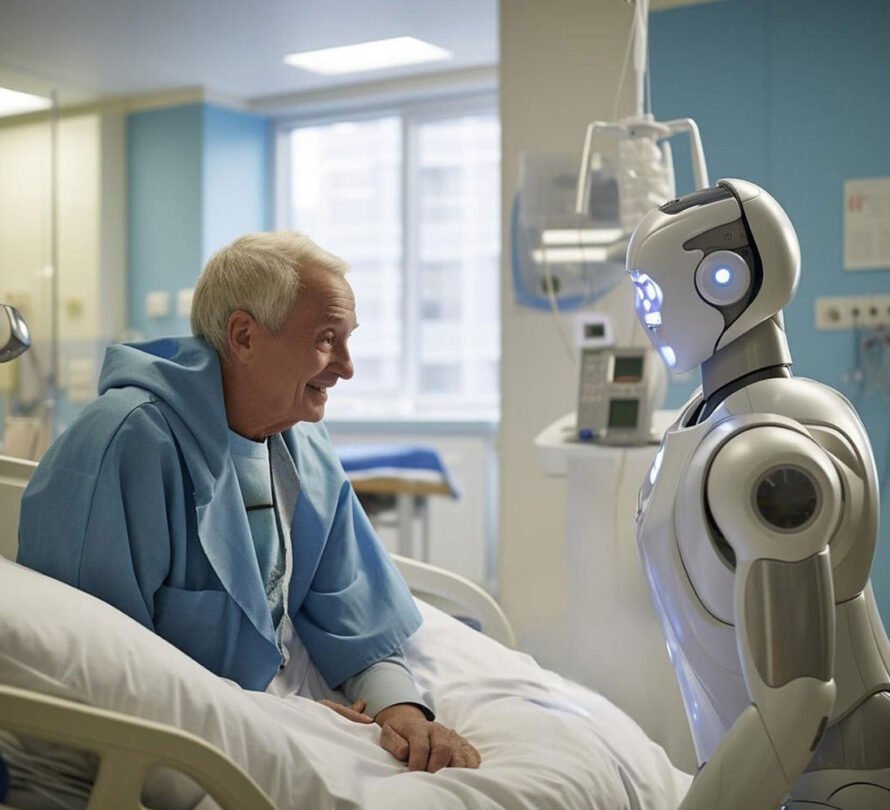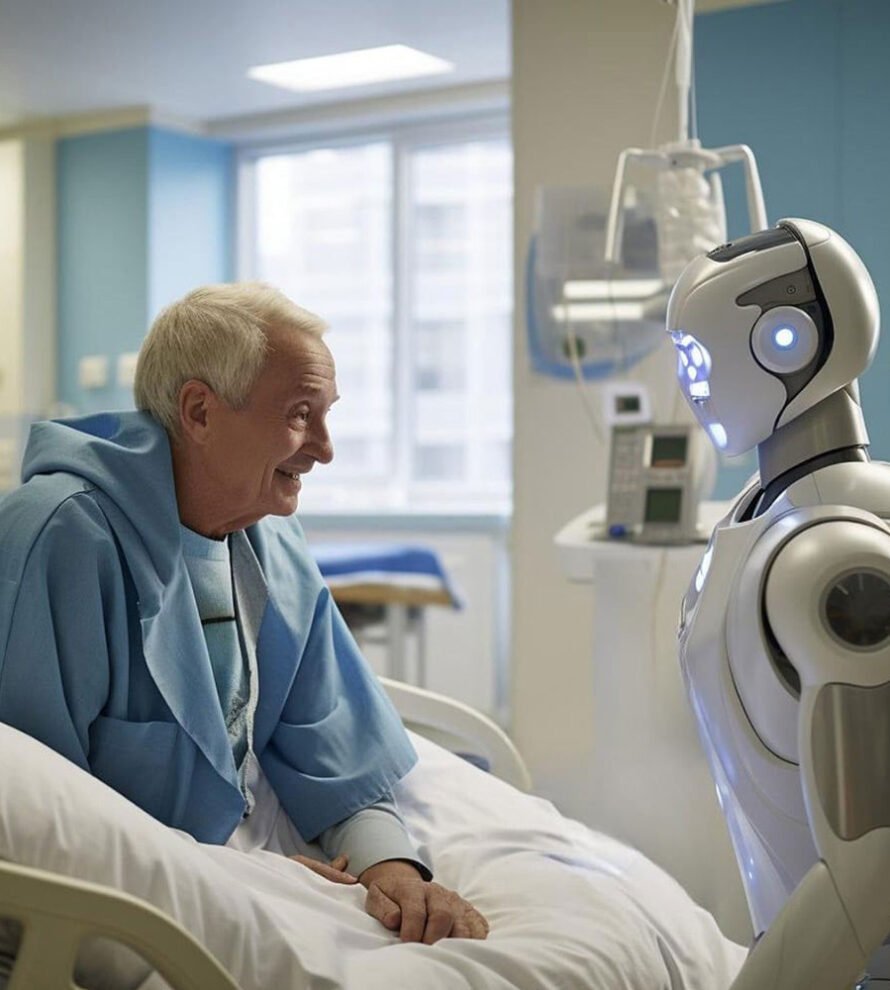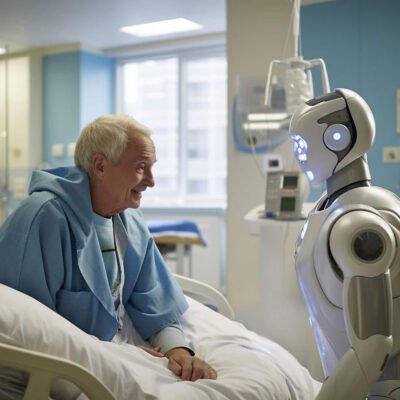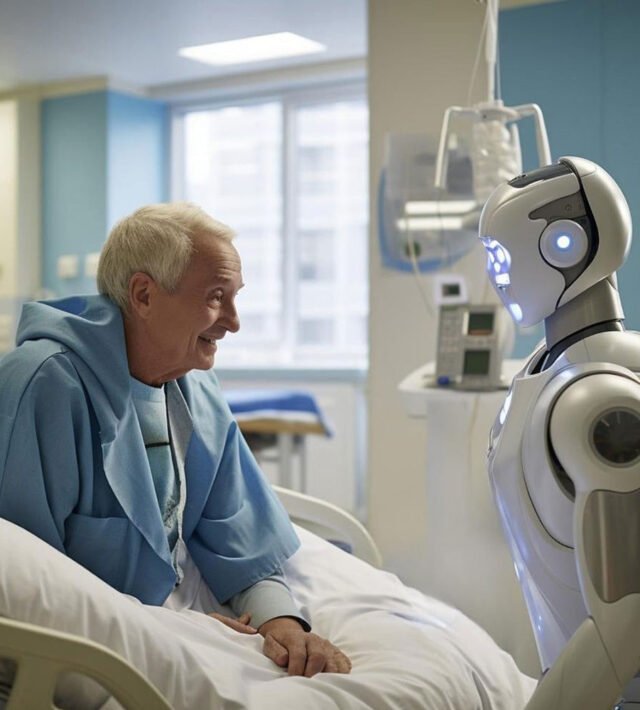Schedule hours
- Monday, Friday08:00 - 18:00
- Saturday09:30 - 17:30
- Sunday09:00 - 15:30
- 24/7 service available
Our location
Appointments
Emergencies
1-800-123-4560

Information about
Dr. Fouad El-Dabah
- Consultant Obstetrician and Gynecologist
- Consultant of laparoscopic and microsurgery
- IVF and ICSI Consultant
- Professor at the Faculty of Medicine
- استاذ بكلية طب الازهر
- Director of Ahmed Arabi Center for Fertility and IVF (Mohandessin)
- Owner of Al-Dabbah Center for Obstetrics and Infertility (Al-Warraq)
follow up
nursing
interest
communication
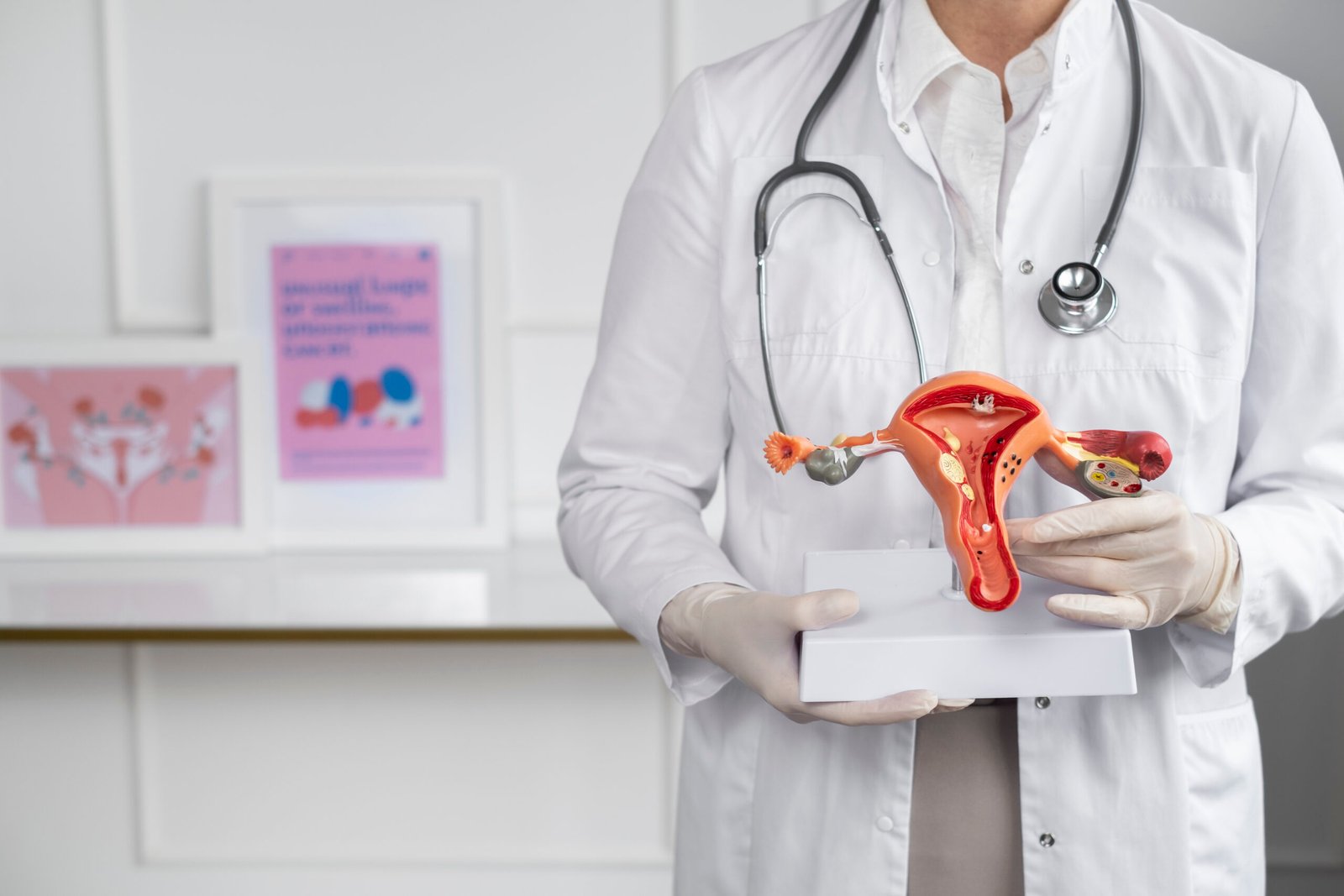
About the Center:
Al Dabbah Center for Obstetrics and IVF is one of the most prominent specialized medical centers in the region, and is distinguished by a team of specialized doctors and experienced nurses. We are here to serve women and provide the best levels of integrated healthcare.
Our vision
Our message

Medical Services
At Al-Dabbah Center, we provide comprehensive care and accurate follow-up for pregnant women to ensure the health of the mother and fetus, and prepare them to receive the birth stage safely and easily.
- Specialized and experienced medical team
- Latest technology in IVF
- Specialized medical consultations
- Commitment to the highest standards of quality and safety
- Safe and comfortable medical environment
- Personal follow-up and continuous support
تحفيز
قسم بسطة
للرعاية الطبية
Our Services
Some of what makes us special
- Hysteroscopy
- IVF
- Intracytoplasmic sperm injection
- Artificial insemination

Tips before hysteroscopy
Hysteroscopy is a diagnostic and therapeutic procedure for uterine diseases in women. This technique is simple and minimally invasive, and is performed under spinal or local anesthesia, depending on the case. When performing this technique, the doctor inserts a thin tube containing a small camera (hysteroscope) into the reproductive system to examine problems of the cervix, vagina, and uterus, such as abnormal vaginal bleeding, painful menstruation, etc.
Some necessary procedures and precautions should be taken into consideration before performing a hysteroscopy, including:
- Conduct all necessary tests, including pregnancy tests and blood tests.
- Take medication as directed by your doctor to check for noticeable uterine fibroids.
- Use contraception until the end of hysteroscopy treatment.
- Take medications such as ibuprofen about an hour before the procedure to reduce pain afterwards.
- Preparation for local anesthesia for cervical anesthesia
- Preparing for general anesthesia in cases such as hysteroscopic treatment of uterine fibroids
- Avoid eating and drinking hours before the procedure if general anesthesia is required.
- Refrain from smoking for at least one day before the operation if general anesthesia is required.

IVF
It is medically known that there is a chance for about 20 to 25% of couples with healthy fertility to get pregnant when trying each month. In contrast, the pregnancy rate among infertile couples is 2 to 5% per month.
IVF Steps
Initial tests:It includes a detailed examination of the semen, in addition to a blood test to check hormone levels such as luteinizing hormone and luteinizing hormone, and testing for HIV, hepatitis B and C, in addition to testing for German measles (rubella), and examining swabs from the cervix and vagina to look for bacteria and chlamydia.
decrease pituitary gland activity During a normal menstrual cycle, pituitary hormones (follicle-stimulating hormone and luteinizing hormone) cause an egg to grow inside a fluid-filled cavity in the ovary.
Ovarian stimulation After pretreatment with a GnRH-a antagonist, we add daily injections of luteinizing hormone and follicle-stimulating hormones, known as (Menogon, Gonal-F, Menopur, or Puregon).
Egg retrieval Once blood tests and ultrasound indicate that the size and number of follicles are reasonable, human chorionic gonadotropin (hCG) is injected, causing final maturation and release of the eggs from the follicle wall.
In vitro fertilization The husband's sperm sample is processed and concentrated, then added to the eggs a few hours after retrieval.
Embryo transfer The fertilized eggs (embryos) are transferred into the uterus using a small plastic catheter three to five days after egg retrieval.
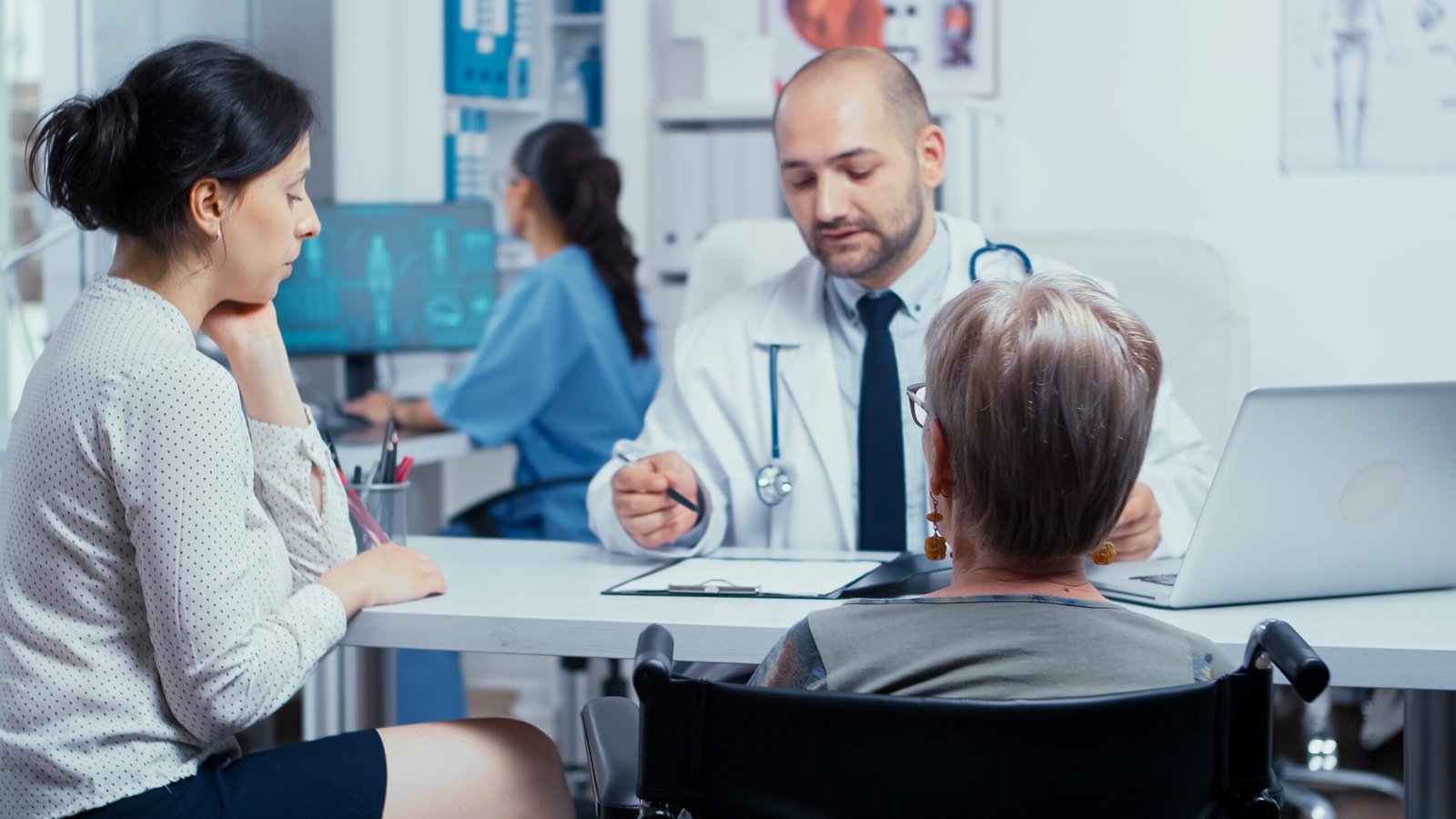
Conditions for the success of IVF
- Determining the appropriate treatment protocol for each case to stimulate the eggs and obtain mature eggs.
- The quality and number of eggs. The more mature eggs retrieved, the greater the chance of a larger number of embryos dividing.
- Sperm quality and safety from abnormalities.
- Adherence to taking specific medications, supplements, and vitamins.
- The experience and skill of the treating physician.
- Quality of the embryo lab and use of modern technologies in all stages of IVF (hysteroscopy - embryo freezing).
- The stable psychological state of the couple, which may help in implanting the embryos in the uterus. Avoiding strenuous physical activity for several days after embryo implantation.
- Eat fruits and vegetables, drink antioxidant juices such as lemon and orange juice, and stay away from fats and sugars to maintain an ideal weight. Following a healthy diet enhances fertility.

Artificial insemination and its causes
- Artificial insemination is one of the methods of assisted fertilization.
- It depends on the position of the sperm inside the uterus.
- The goal of artificial insemination is to increase the number of sperm that reach the fallopian tube, which leads to an increased chance of pregnancy.
- It is less expensive than ICSI.
There are many reasons for resorting to artificial insemination, the most important of which are:
- Unexplained delayed pregnancy
- Presence of problems in the right cervix and presence of congenital defects in the cervix
- The husband has problems delivering sperm to the vagina, which results in a low sperm count and poor motility.
Artificial insemination is not recommended in the following cases:
- Which has problems with the fallopian tube and its blockage
- Pelvic adhesions or endometriosis
- The husband has problems delivering sperm to the vagina, which results in a low sperm count and poor motility.
The insemination process takes a few minutes without any significant problems. The success rate of artificial insemination is about 20%. It is preferable to perform artificial insemination for only 4 attempts, with an increased chance of twin pregnancies, as well as a slight possibility of pelvic infections after insemination.
Dr. Fouad El-Dabah
Treatment of fibroids without opening the abdomen and important tips
The difference between ICSI and IVF
Symptoms of fibroids and when they need treatment
How can the uterus hinder IVF?
The uterus is the room where the fetus resides until its birth, so the uterus must be free of any obstacles that may affect the comfort of the fetus and its efficient growth. Learn about diseases that affect the uterus and hinder the growth of the fetus with Dr. Khaled Abdel Malek
Opinions
Some followers' opinions
The postpartum experience at Al-Dabbah Center was very comfortable. I received guidance on how to take care of my baby, and health and psychological support that helped me a lot to adapt to the new stage. I am very grateful to the medical team
Suad Hassan
I would like to thank the center for taking care of my pregnancy from the beginning until the moment of delivery. The care was wonderful from the first day, and the doctors followed up on every detail to ensure my safety and the safety of my baby. I highly recommend Al-Dabbah Center to every mother looking for safety and comprehensive care.
Mona Ali
I had difficulty getting pregnant for a long time, and when I visited Al-Dabbah Center, I found a specialized and supportive medical team. After careful follow-up and trying IVF, God blessed me with my baby girl. Thank you to all the doctors and nurses for the continuous care and psychological support
